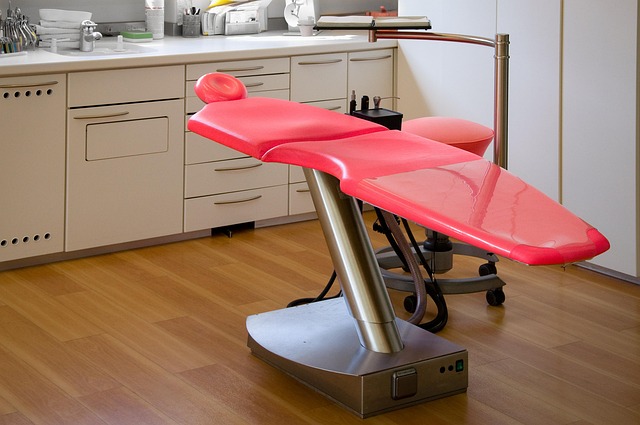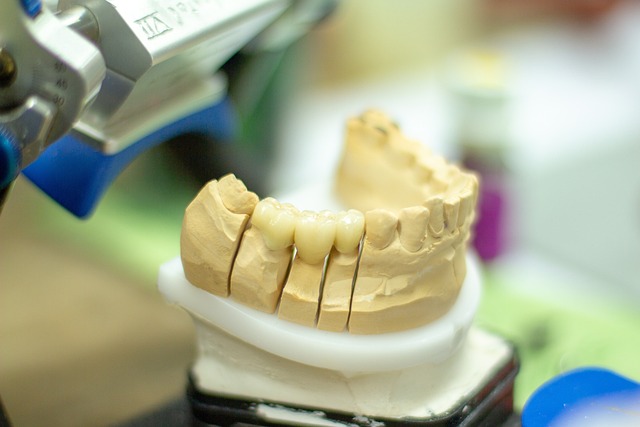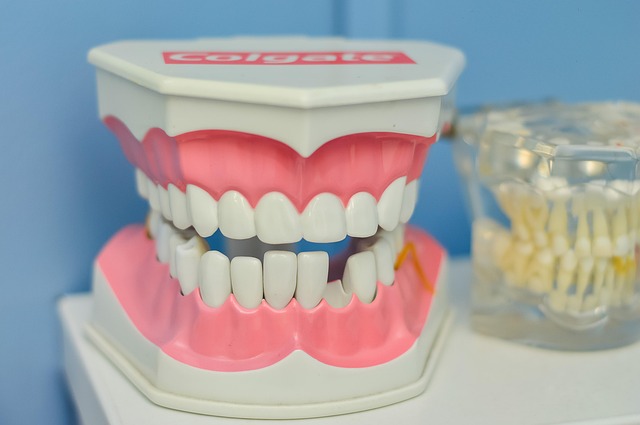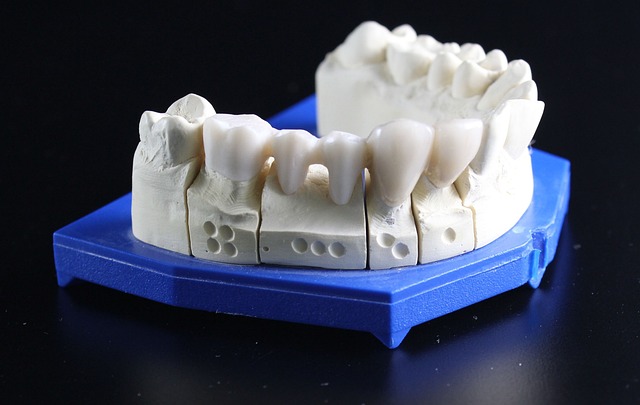Professional liability insurance for dentists protects against patient treatment errors and negligence, covering legal fees, settlements, and damages. By understanding policy details, adopting risk management strategies, and staying compliant with regulations, dental professionals can safeguard their practices from claims related to misdiagnosis, improper treatment plans, workplace injuries, billing errors, and privacy breaches. Choosing a specialized provider with comprehensive coverage is crucial for robust protection against professional liability for dentists.
In the dynamic field of dentistry, ensuring robust professional protection is paramount. This comprehensive guide delves into the intricacies of professional liability for dentists, equipping practices with the knowledge needed to navigate potential risks and claims. From grasping the fundamentals of professional liability to exploring diverse insurance coverage options, this article offers strategic insights. We examine common threats, best practices for risk mitigation, and legalities essential for compliance. By the end, dental professionals will be empowered to make informed decisions regarding their practice’s safety net.
- Understanding Professional Liability for Dentists
- Common Risks and Claims in Dental Practice
- Types of Insurance Coverage for Dental Professionals
- Choosing the Right Liability Provider
- Navigating Legalities and Compliance
- Best Practices for Risk Mitigation
Understanding Professional Liability for Dentists

Professional liability, often referred to as malpractice insurance, is a crucial aspect of protecting dental providers from potential risks and financial burdens associated with their practice. This type of coverage safeguards dentists against claims of negligence or medical errors that may arise during patient treatment. When a dentist performs a procedure or provides care that deviates from widely accepted standards of practice and this results in harm to the patient, they could face legal action. Professional liability insurance acts as a shield, covering legal fees, settlement costs, and damages awarded to patients who suffer injuries due to dental malpractice.
For dentists, understanding professional liability involves recognizing potential hazards within their profession. Common claims include errors in diagnosis, improper treatment plans, accidental harm during procedures, or failure to obtain informed consent. By having adequate malpractice insurance, dental professionals can ensure they are prepared for unforeseen circumstances and maintain the integrity of their practice. It’s essential to review policy details, understand coverage limits, and stay updated on industry-specific risk management strategies to mitigate liability concerns effectively.
Common Risks and Claims in Dental Practice

Dental professionals face a unique set of risks and challenges that can lead to potential claims against their practice. One of the primary concerns is professional liability for dentists, which arises from errors, omissions, or negligent acts during dental procedures. These incidents may include misdiagnosis, improper treatment plans, failure to obtain informed consent, or accidents causing patient harm. For instance, a dentist might be held liable if they fail to detect an oral cancer, leading to delayed treatment and potential health complications for the patient.
Additionally, dental practices are susceptible to claims related to workplace injuries, such as staff slip-and-falls, equipment malfunctions, or repetitive strain injuries from prolonged chairside work. Malpractice suits regarding billing errors, incorrect insurance claims processing, or privacy breaches also pose significant risks. Given the intricate nature of dental care, staying informed about evolving legal standards and implementing robust risk management strategies is essential to mitigate these common risks and protect dental professionals and their practices.
Types of Insurance Coverage for Dental Professionals

Dental professionals require a comprehensive suite of insurance coverage to protect themselves from potential risks and liabilities. The two primary types include general liability insurance, which covers claims of bodily injury or property damage occurring during dental procedures, and professional liability insurance (often referred to as malpractice insurance). Professional liability specifically focuses on protecting dentists from financial losses due to medical errors, negligence, or inadequate treatment.
When considering insurance options, dental providers should also explore coverage for medical expenses, personal injury, and professional services. These policies collectively ensure that dental practitioners are shielded against a wide range of potential claims, enabling them to focus on delivering quality care without undue concern for financial repercussions.
Choosing the Right Liability Provider

Selecting a suitable professional liability provider is an integral step for dental providers aiming to safeguard their practice and reputation. When it comes to dental professionals, finding the right insurance that aligns with your specific needs is paramount. Not all policies are created equal, so understanding the nuances of different options is essential. Look for providers who specialise in dental coverage, offering tailored plans addressing unique risks within the profession.
Consider factors like policy limits, coverage exclusions, and claims history when evaluating potential carriers. Ensure the provider offers comprehensive protection against common dental liabilities, such as negligence suits or malpractice claims. Additionally, consider their reputation, financial stability, and customer support services to create a robust safety net for your practice.
Navigating Legalities and Compliance

Navigating the legal landscape is an integral part of ensuring smooth operations for dental practices and their providers. Dental professionals must stay informed about state and federal regulations, especially concerning patient care and treatment protocols. Non-compliance can lead to severe consequences, including legal repercussions and damage to professional reputations.
Professional liability for dentists involves understanding the scope of practice, consent forms, and documentation requirements. Proper insurance coverage is crucial to shield against potential lawsuits arising from negligence or malpractice claims. By adhering to these standards, dental providers can mitigate risks and ensure their practices remain compliant, fostering a safer environment for both patients and practitioners.
Best Practices for Risk Mitigation

Implementing robust best practices is essential for dental professionals aiming to mitigate risks and ensure patient safety. One key strategy involves staying up-to-date with evidence-based guidelines and protocols, ensuring every procedure follows the latest recommendations. This includes regular training sessions to refresh skills and knowledge, especially regarding emerging technologies and techniques.
Additionally, maintaining thorough documentation is vital for risk management. Accurate records of patient histories, treatments, and outcomes not only facilitate effective communication among dental team members but also serve as a defensive shield during legal disputes, providing clear evidence of due diligence and professional liability for dentists.
